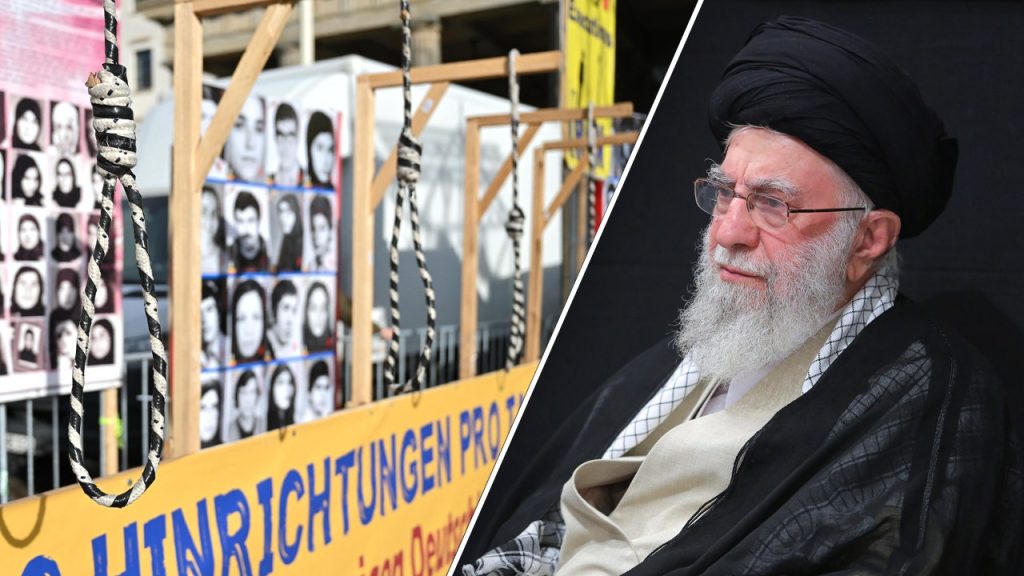A recent United Nations report highlighted a surge in executions in Iran during the month of August, leading to concerns from experts urging the government to halt the unlawful trend. Of the 93 reported executions that took place that month, only a fraction were officially disclosed by the Iranian authorities, underlining the need for greater transparency. Nearly half of the executions in August were related to alleged drug offenses, which the experts criticized for contradicting international standards. The experts emphasized the irreversible nature of wrongful executions and called for the halting of all death sentences in Iran.
The use of drug offenses as a leading basis for executions in Iran has reached an eight-year high, with Amnesty International reporting over 400 executions in the country this year, including more than a dozen women. The International Covenant on Civil and Political Rights, of which Iran is a member, limits the death penalty to the “most serious crimes,” excluding drug-related offenses. The surge in executions in Iran is believed to have stemmed from unrest following the death of 22-year-old Mahsa Amini, leading to increased intimidation tactics by the government to instill fear and maintain control over the population.
Despite changes in leadership within Iran, including the recent election of President Ebrahim Raisi, the trend of executions and human rights violations has persisted. Behnam Ben Taleblu, a senior fellow at the Foundation for Defense of Democracies, emphasized that the rise in executions, particularly for alleged drug offenses, reflects the government’s vision for maintaining order through oppressive measures. Show trials, forced confessions, and due process violations are common in death sentence cases, highlighting the lack of respect for human rights in Iran. The U.N. report highlighted the case of Reza Rasaei, an Iranian-Kurdish protester who was reportedly tortured to obtain a confession and faced execution despite contradictory testimonies and expert challenges to his involvement in a crime.
The U.N. experts on human rights called on the international community to pressure Iran to end its spree of executions and uphold the right to a fair trial and protection against cruel and degrading treatment. The experts stressed the need for transparency in reporting executions in Iran and the importance of ensuring that individuals are not wrongfully sentenced to death. Amnesty International’s report on Iran’s use of executions as a tool of intimidation rather than justice has raised concerns about the government’s disregard for human rights and due process. With executions on the rise, particularly for political dissidents and individuals facing drug-related charges, there is a growing urgency to address the human rights situation in Iran.
The surge in executions in Iran has drawn condemnation from human rights organizations and experts, who have called for an end to the unlawful trend and greater respect for international standards. The use of executions, particularly for drug offenses and dissenting voices, raises serious concerns about human rights abuses in Iran. The international community must hold Iran accountable for its actions and pressure the government to respect the rights and dignity of all individuals. The U.N. report underscores the need for transparency, due process, and accountability in addressing the human rights situation in Iran and working towards a more just and equitable society.


